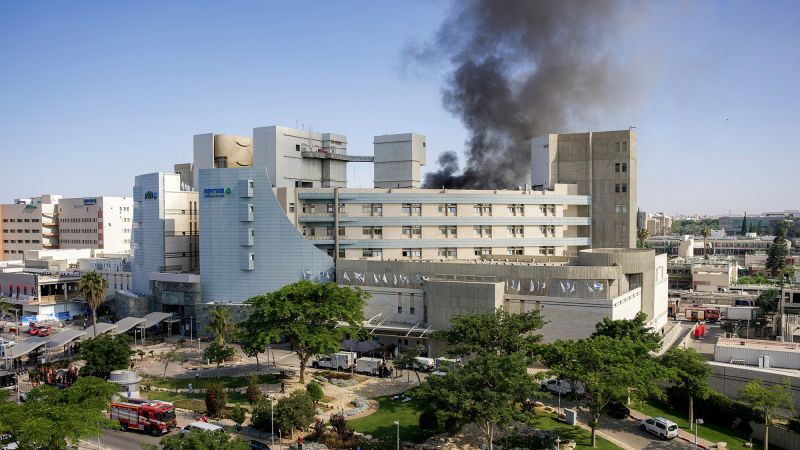As Israel continues its push against Iran’s nuclear ambitions, here’s what we know about its own program.
How long has Israel had nuclear weapons?
Israel has never acknowledged its nuclear weapons program and American presidents, certainly aware of Israel’s nuclear capabilities, have helped keep secret the closely held details of the program.
But Israel is one of nine countries known to have nuclear weapons.
Israel began exploring nuclear weapons development before its establishment in 1948, then at a secret development site in 1958, near the southern town of Dimona.
It is widely thought that Israel first assembled its first nuclear weapon around 1966 or 1967. In 1968, the CIA issued a report that said Israel had successfully started production of nuclear weapons.
Israel is believed to have conducted a clandestine atmospheric nuclear test in 1979, which it denies.
Its program has been expanding for years, experts say.
How big is Israel’s nuclear arsenal?
Israel now possesses around 90 nuclear warheads and is believed to have enough nuclear material to produce up to 300 nuclear weapons, according to the Washington, DC-based NGO, Nuclear Threat Initiative (NTI).
It is continuing to modernize its stockpile, according to SIPRI, who said that Israel conducted a test of a missile propulsion system in 2024 that could be related to its Jericho family of nuclear-capable ballistic missiles.
Israel also appears to be upgrading its plutonium production reactor site at Dimona, SIPRI said.
What has Netanyahu said?
In an interview with CNN in May 2018 – shortly after Israel stole Iran’s nuclear archive from Tehran – Israeli Prime Minister Benjamin Netanyahu was asked if he was ready to acknowledge Israel’s own program.
“We’ve always said that we won’t be the first to introduce (a nuclear weapon), so we haven’t introduced it,” he said.
Israel has not signed the 1970 Nuclear Non-Proliferation Treaty (NPT) and opposes diplomatic efforts to establish a WMD Free Zone in the Middle East.
Israel has signed and ratified the 1963 Limited Nuclear Test Ban Treaty, which obligates signatories not to explode a nuclear device in the atmosphere or oceans.
